Treatments
Bruxism
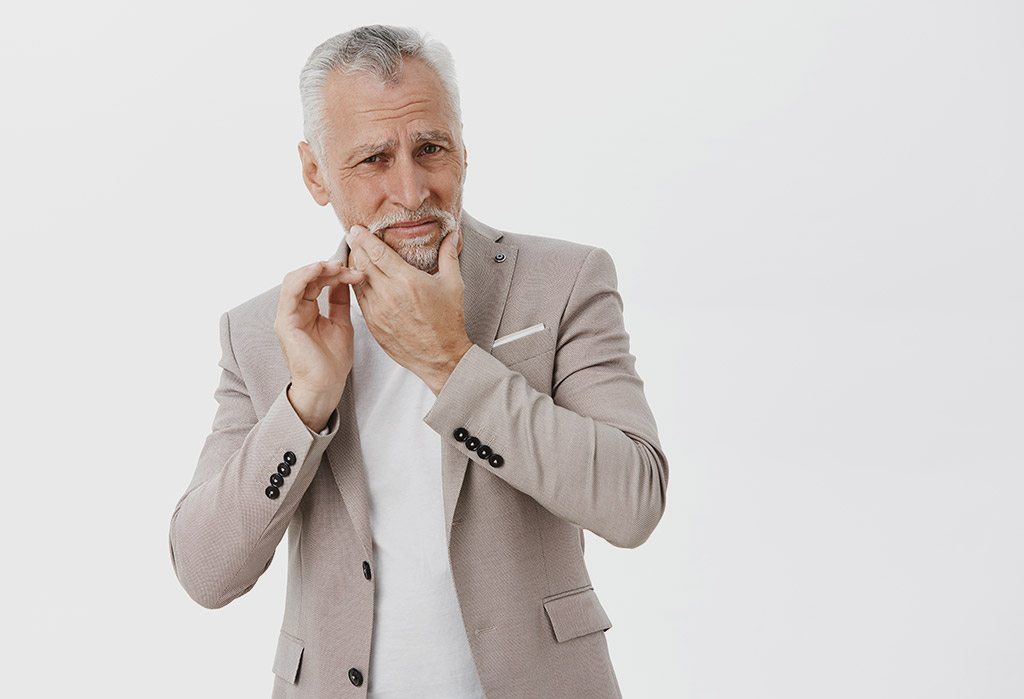
What is bruxism?
Bruxism is an involuntary daytime or nighttime habit that consists of clenching, grinding, and/or grinding the teeth. In most cases, bruxism occurs while we sleep, so many people are unaware of it, although it can also occur while we are awake, which makes it easier to detect and treat.
This habit has
What are the causes?
The causes of involuntary teeth grinding are very varied, as its origin is unclear and can be due to external, internal, or psychological factors. Some of the most common causes are dental malocclusion, stress, periodontal disease, eating habits, posture, or sleeping habits, etc.

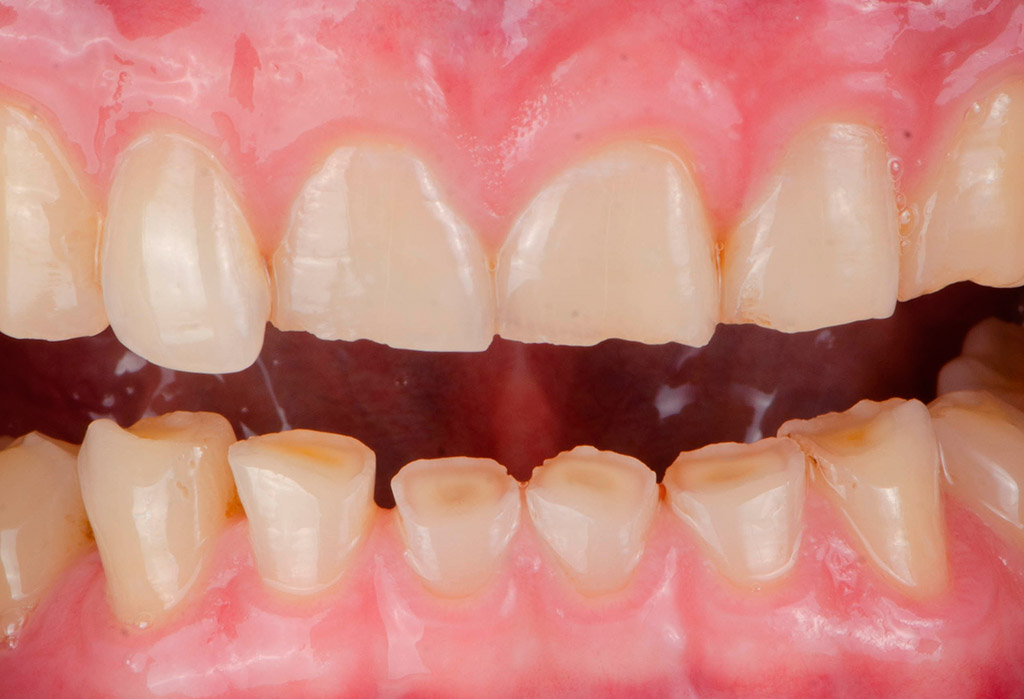
Consequences of bruxism
Bruxism triggers a series of negative consequences in the person who suffers from it, so it is very important to be aware of the following symptoms:
- Tooth sensitivity and wear, this is the most common problem.
- Fractures of natural teeth, prostheses, implants or restorations.
- Tooth mobility, as the periodontium loosens.
- Pulp damage due to constant trauma to the tooth.
- Neck muscle problems.
- Swollen, weakened or receding gums.
- Difficulty chewing hard foods.
- Noises or crackles when chewing.
- Earaches or ringing in the ears.
- Insomnia or difficulty sleeping.
Treatments for bruxism
Placa o férula de descarga
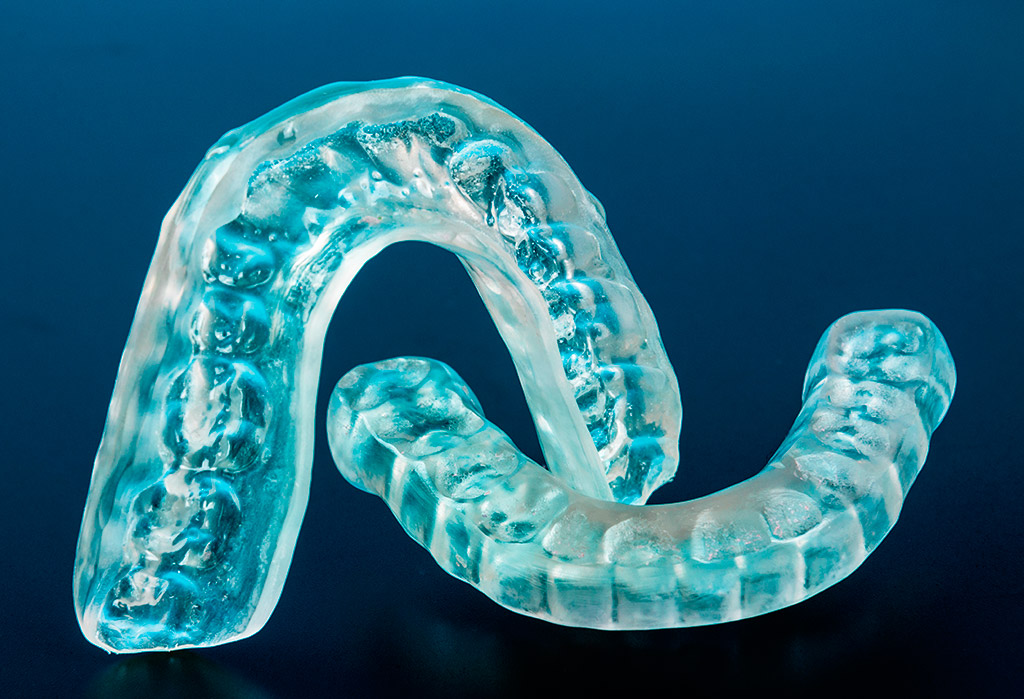
A mouth guard is a transparent device placed in the mouth that helps alleviate the problems caused by bruxism. Its main function is to protect the teeth by cushioning the pressure and unconscious movement (grinding) of bruxers.
Dental veneers
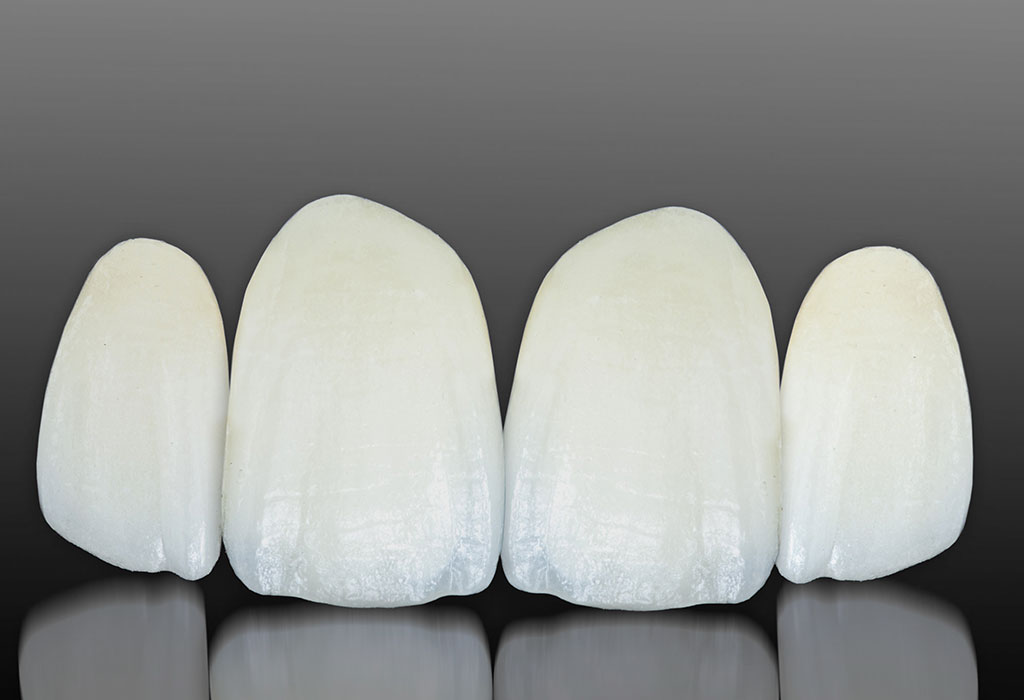
Dental veneers address the negative effects of bruxism in terms of tooth wear and decay. They are dental restorations made with highly resistant materials and completely natural-looking finishes. They fill in worn areas of teeth and improve overall dental aesthetics.
Orthodontics
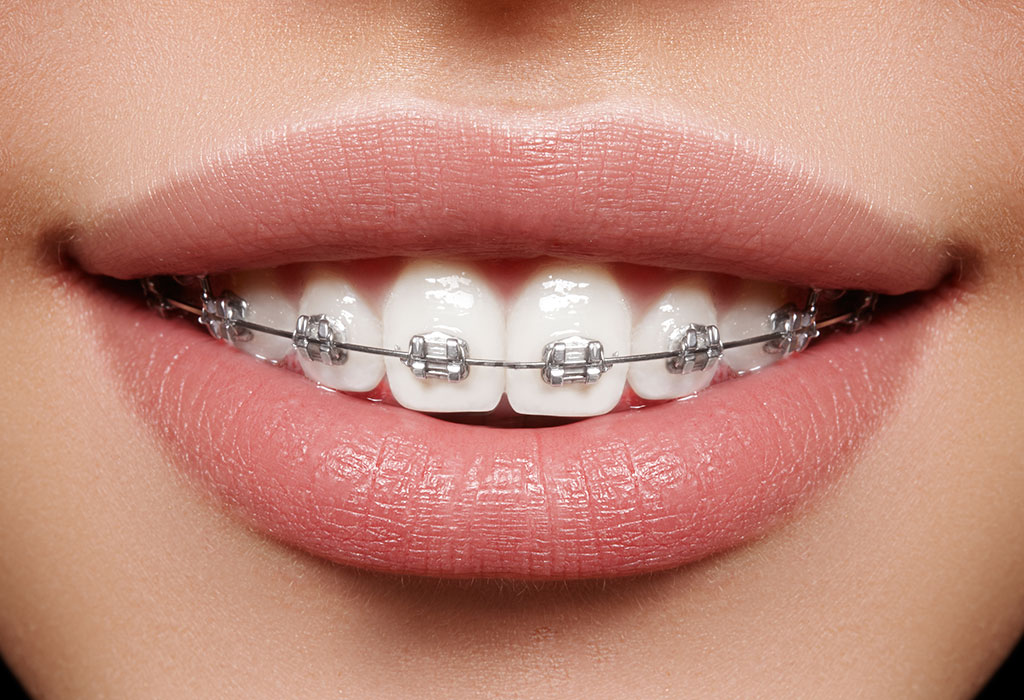
When bruxism is clearly caused by a malocclusion or crossbite, the dentist will resort to orthodontic treatment. With properly aligned teeth, the pressure on the jaw will return to normal.
Psychology

Bruxism is due to a wide variety of causes, which may be physical or due to psychological factors. Finding the root of the problem if we feel anxious or stressed can help us tackle the problem of bruxism by seeking psychological counseling.


